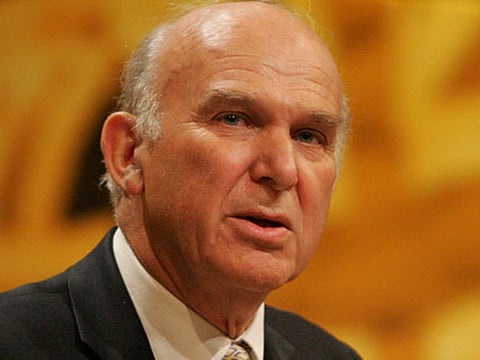EU divisions expose May’s weakness
British PM is facing a divided government and party in bid to forge a Brexit deal

MADRID: Slowly, surely, the United Kingdom is inching towards a divorce with the other 27 members of the European Union. But just how and when that happens — and a deal or not — all remains decided.
While both sides negotiating Brexit — Britain’s exit from the EU — agreed last week that was were enough common ground to agree to more talks, British Prime Minister Theresa May still faces a daunting task in getting her government and party to agree on how to move forward.
Central to any deal is May’s government passing legislation to cover laws and agreements that have tied the UK to the EU since it joined in 1974.
The omnibus European Union (Withdrawal) Bill is winding its way through the Houses of Commons and Lords at Westminster, but has so far exposed May’s political weakness in leading a divided cabinet and party, and a minority government ruling only with the support of the Democratic Unionist party from Northern Ireland.
Last week, May suffered an embarrassing political defeat when rebels from within her Conservatives broke party lines and voted with the Opposition 309 to 305 to give the Commons a meaningful vote on any final Brexit agreement.
That bill covers off between 800 and 1,000 statutory instruments to bring what is now EU law into line with the legislative needs of a Britain free of European legal and regulatory ties. It’s estimated that there are 5,155 EU rules and 899 directives from Brussels among 19,000 pieces of European law now in force, and the rules and directives from the EU have the same legal force as UK law.
Opinion polls too suggest now that a majority of Britons are opposed to leaving the EU. It’s a growing body of support, one that has led the Liberal Democrats to propose a second referendum on the final Brexit deal this time next year.
Party leader Vince Cable said that Christmas referendum is doable.
“This potential timeline to a public vote shows Brexit is not a done deal. It can be stopped, but not without the approval of the British public,” he said. “It’s time the Conservatives — and the Labour leadership — listened.”
The EU withdrawal bill is to be debated next on January 16 and 17 at Westminster. For the EU, the political divides in the UK make their task more difficult.
Michel Barnier, the EU’s chief negotiator says the next key dates will be an EU summit in mid-March, when EU leaders are due to sign off guidelines that will lay out red lines and hopes for the future. “I hope very much that we will have a clear position from the British government by this time,” he noted.



